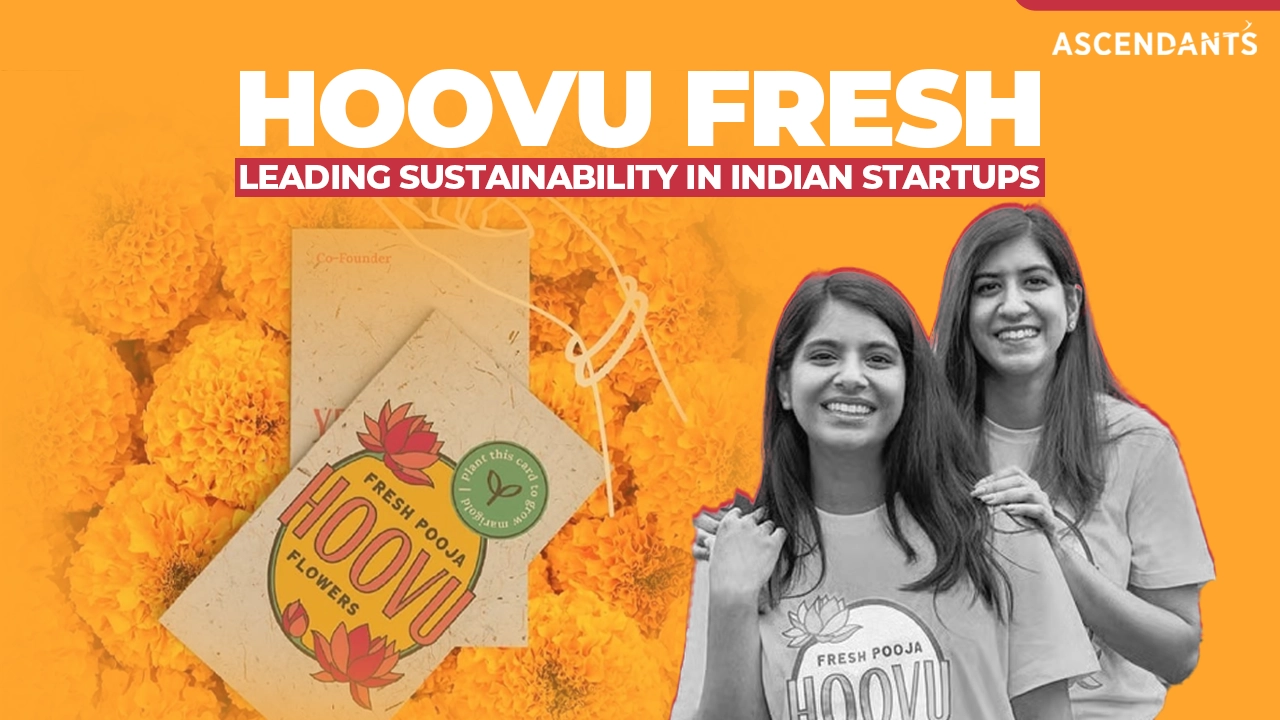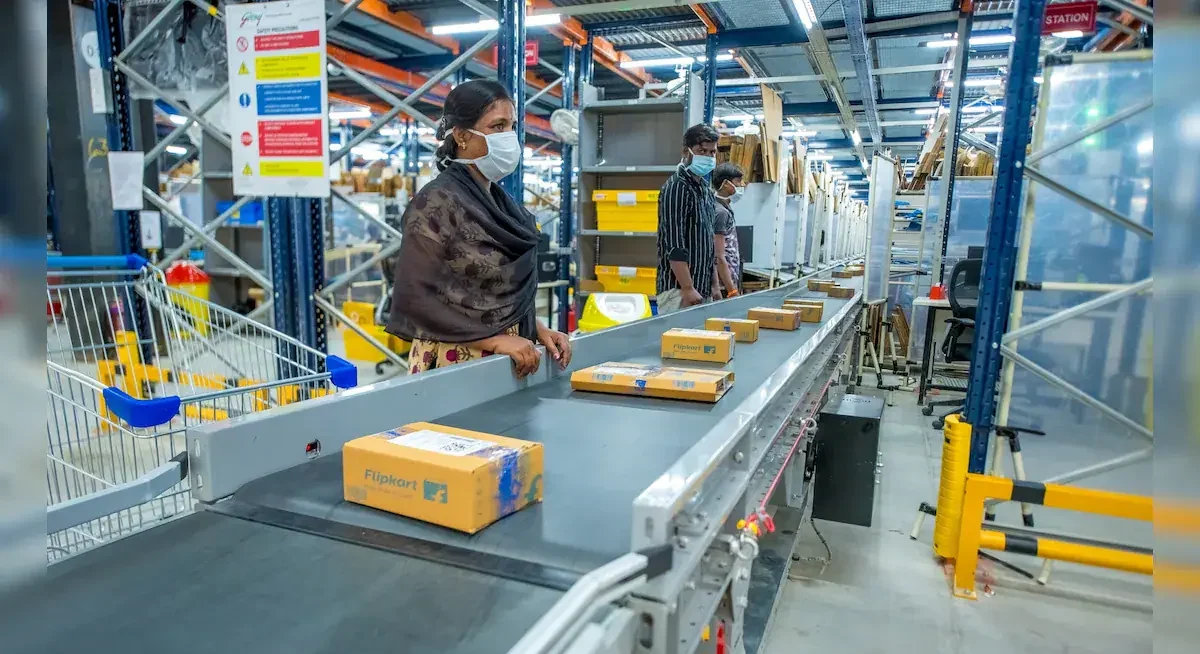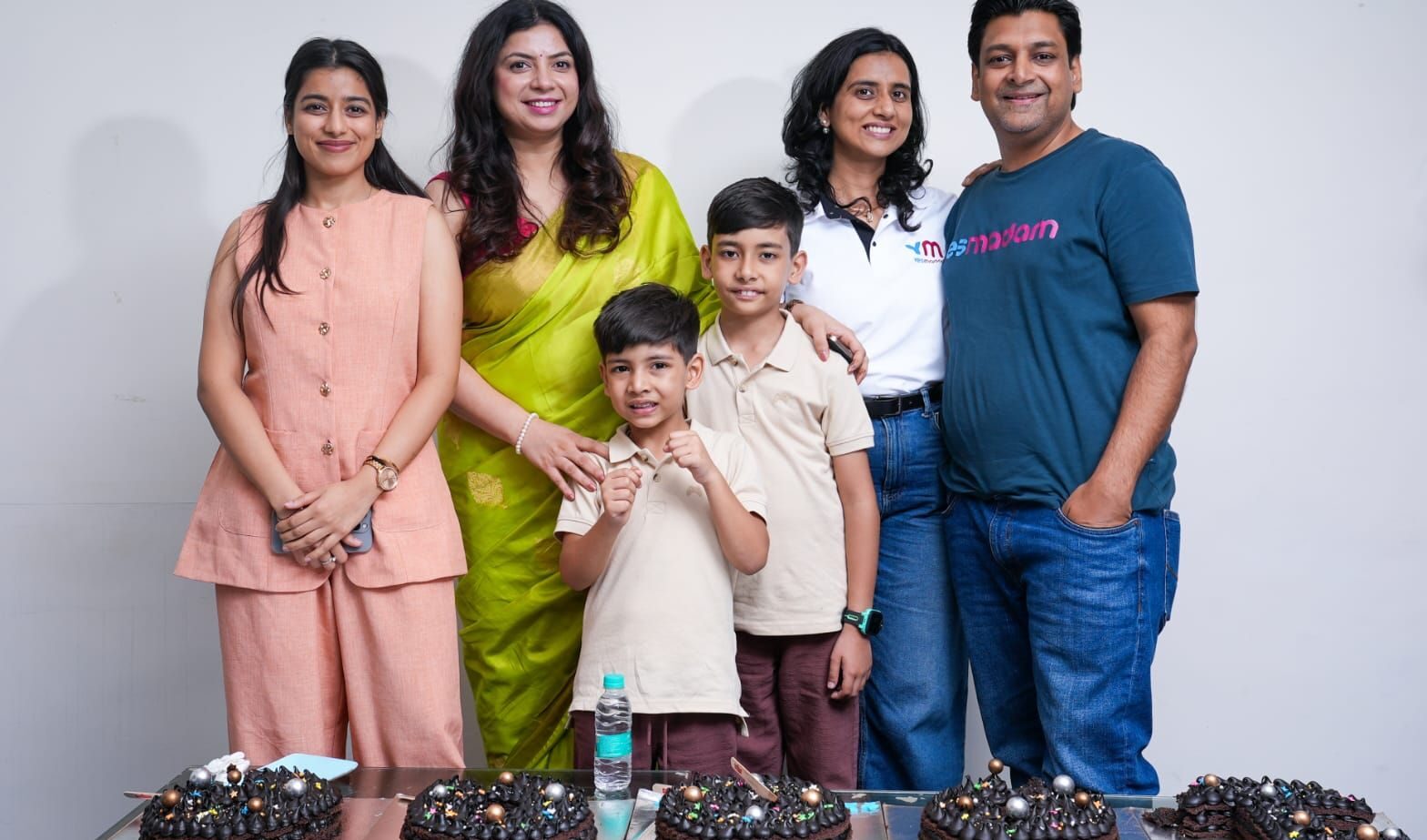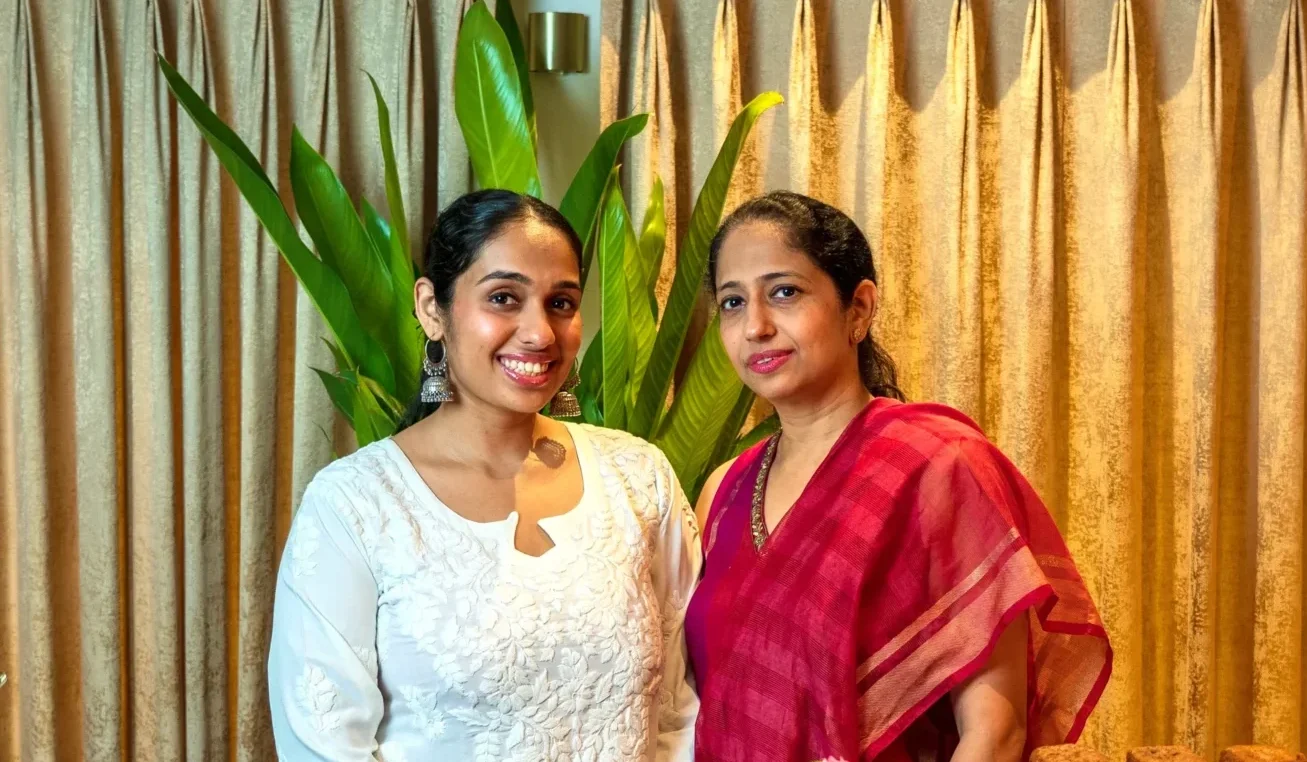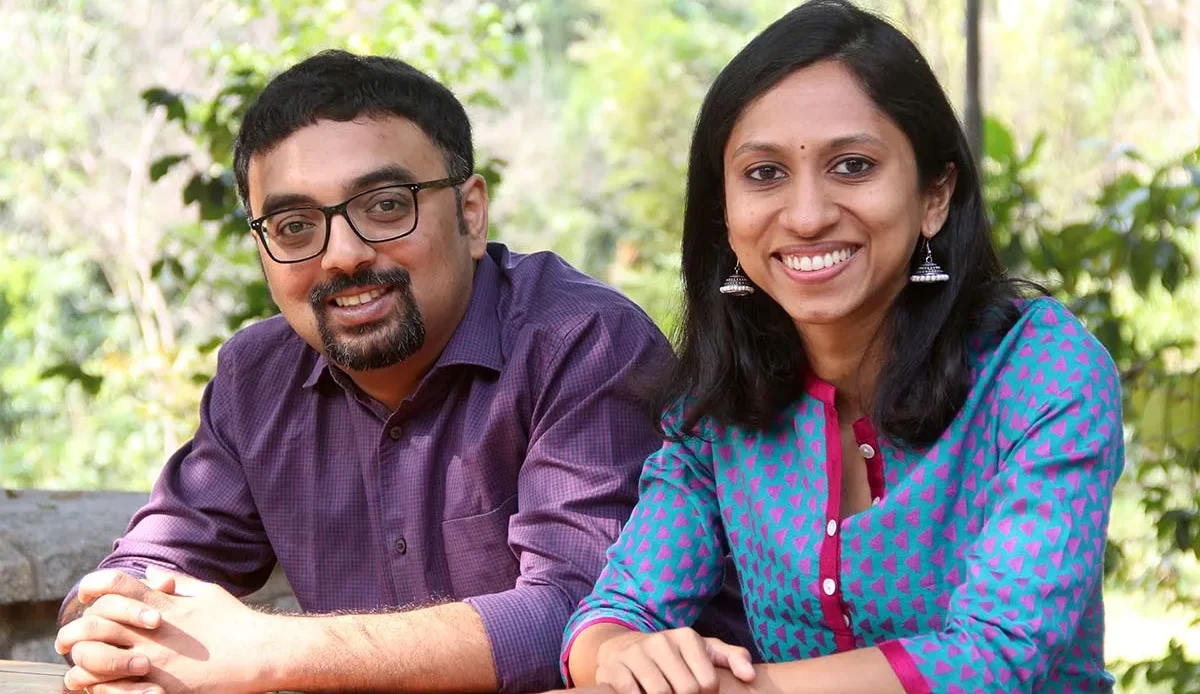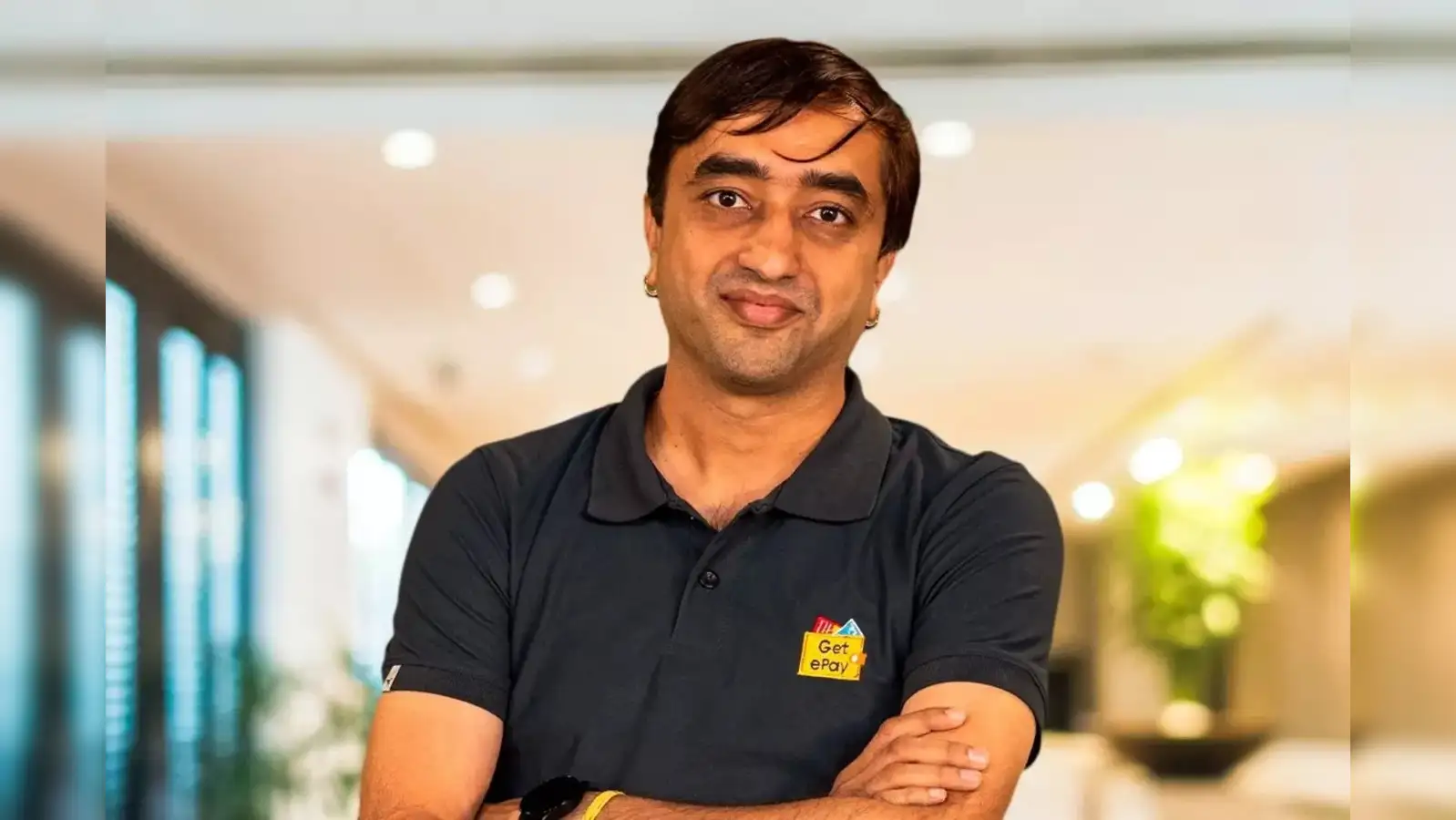If India were to personify herself, no symbol would represent her better than flowers. From the gajra adorning every woman’s hair as she visits a temple to specific flowers dedicated to deities, like hibiscus for Goddess Kali, flowers are deeply embedded in the country’s cultural fabric. They’re celebrated in popular Bollywood songs like Sasural Genda Phool and are central to rituals, festivals, and even aesthetics. Flowers are part of our DNA, connecting spirituality, entertainment, and beauty in everyday life.
So ingrained is this relationship that in 2023, Indian temples consumed an astounding 8 million tonnes of flowers, according to a report by the Central Pollution Control Board (CPCB). While these blooms carry deep spiritual significance, they also contribute heavily to waste, adding to the country’s landfills and polluted rivers. Enter Hoovu Fresh, a startup determined to change how flowers are sourced, used, and recycled, keeping their fragrance fresh and their impact green.
Yeshoda and Rhea Karaturi come from a family with deep roots in the floral industry; their parents have been cultivating flowers for over three decades. This upbringing instilled in them a profound appreciation for the beauty and significance of flowers in Indian culture. Yeshoda holds a Master’s in Accounting and is a CPA from Washington University in St. Louis, while Rhea earned her Bachelor of Science from Stanford University. After gaining valuable experience in various fields, including finance and sustainable development, the sisters recognized a unique opportunity to address the substantial waste generated by the floral industry in India. This realization sparked the idea for Hoovu Fresh, which they founded to create a more sustainable and efficient floral supply chain.
Hoovu Fresh offers a variety of products, including curated flower bouquets, traditional garlands, custom floral arrangements, and eco-friendly, non-toxic colors for celebrations, all tailored for events like weddings and festivals. Currently, the startup employs over 200 women, primarily from marginalized communities, focusing on providing them with stable jobs and fair wages. This commitment not only empowers these women but also fosters a sense of community and shared purpose within the company.
The journey of Hoovu Fresh was not without its challenges. Yeshoda and Rhea faced initial hurdles in sourcing quality flowers sustainably and building a reliable supply chain. They also encountered resistance from traditional players in the floral industry, who were accustomed to the status quo. To overcome these challenges, the sisters leveraged their networks and engaged directly with local farmers to establish partnerships that ensured both quality and sustainability. Their commitment to eco-friendly practices gradually attracted a loyal customer base, helping to solidify their market presence.
Their fundraising journey began with seed funding from family and friends, which helped them kickstart operations. However, the turning point came when they appeared on Shark Tank India in Season 2, where they secured significant investment from one of the judges, boosting their visibility and credibility. This exposure not only validated their business model but also attracted additional investors, allowing Hoovu Fresh to expand its product offerings and scale its operations. As of now, they have successfully raised over ₹10 crore in funding across multiple rounds, demonstrating strong investor confidence in their vision for a sustainable floral industry.
India is a nation characterized by its unique set of challenges, from environmental sustainability to social equity. These issues present not just obstacles but also significant opportunities for innovative solutions. Startups like Hoovu Fresh exemplify how entrepreneurs can harness local knowledge and cultural heritage to address pressing problems while contributing to economic growth. Their success story is an inspiration for aspiring founders who wish to make a difference in their communities.
Under the current leadership, India has prioritized entrepreneurship, recognizing startups as key drivers of economic development. Government initiatives and policies are fostering an ecosystem that encourages innovation and investment. This supportive landscape empowers startups to tackle complex challenges, paving the way for a new generation of businesses that are not only profitable but also socially responsible. As the startup culture continues to thrive, the potential for transformative change in sectors like sustainability, agriculture, and beyond remains vast, signaling a promising future for India’s economy and its people.









